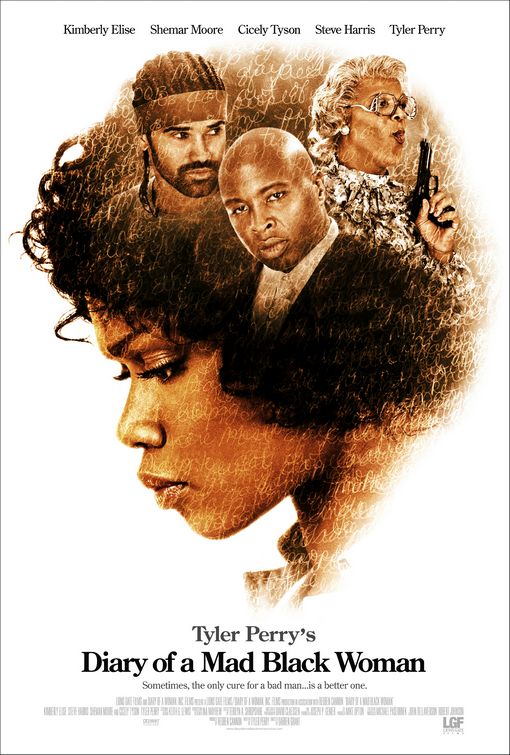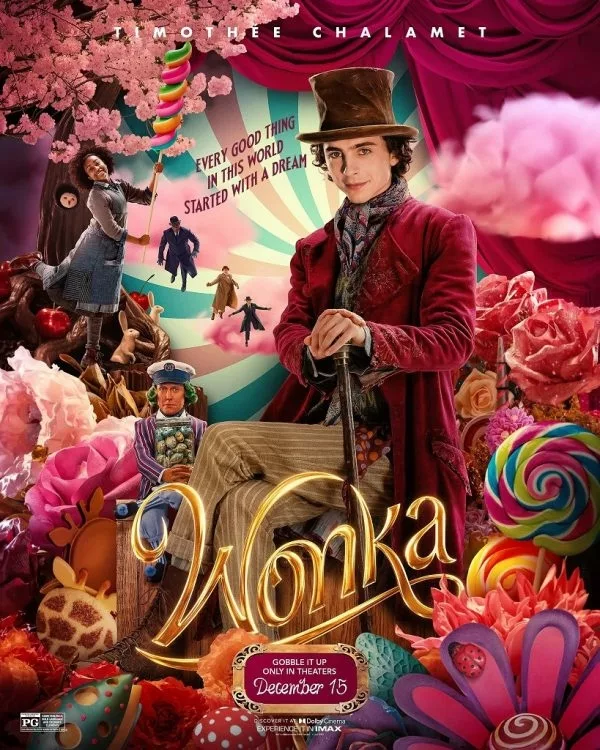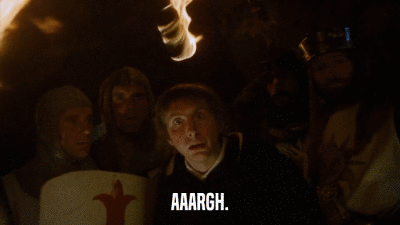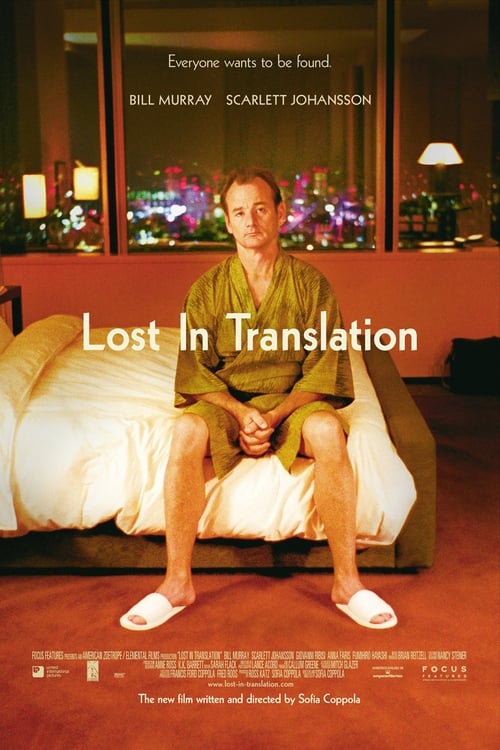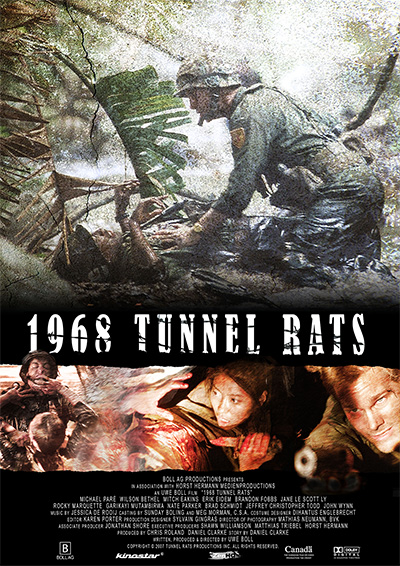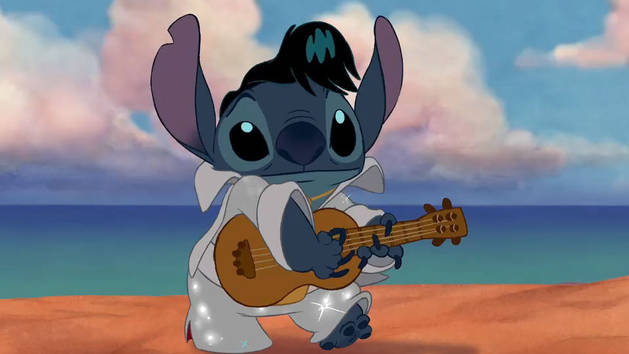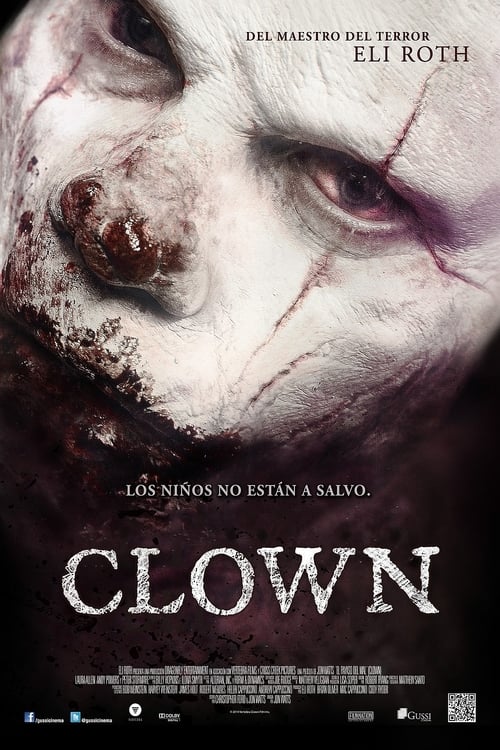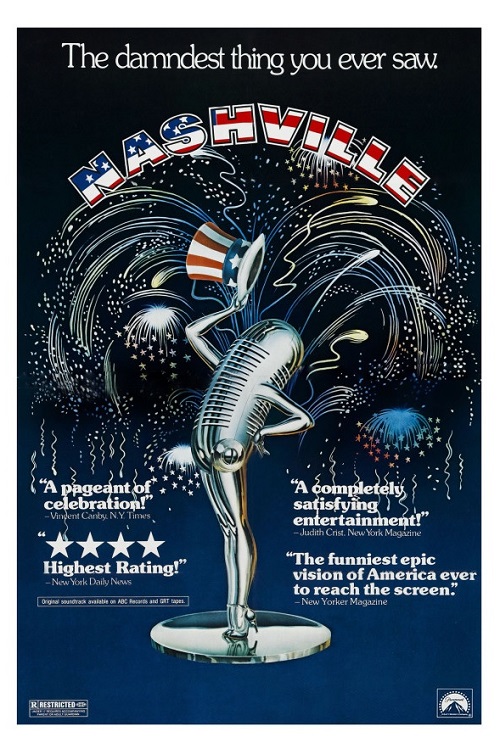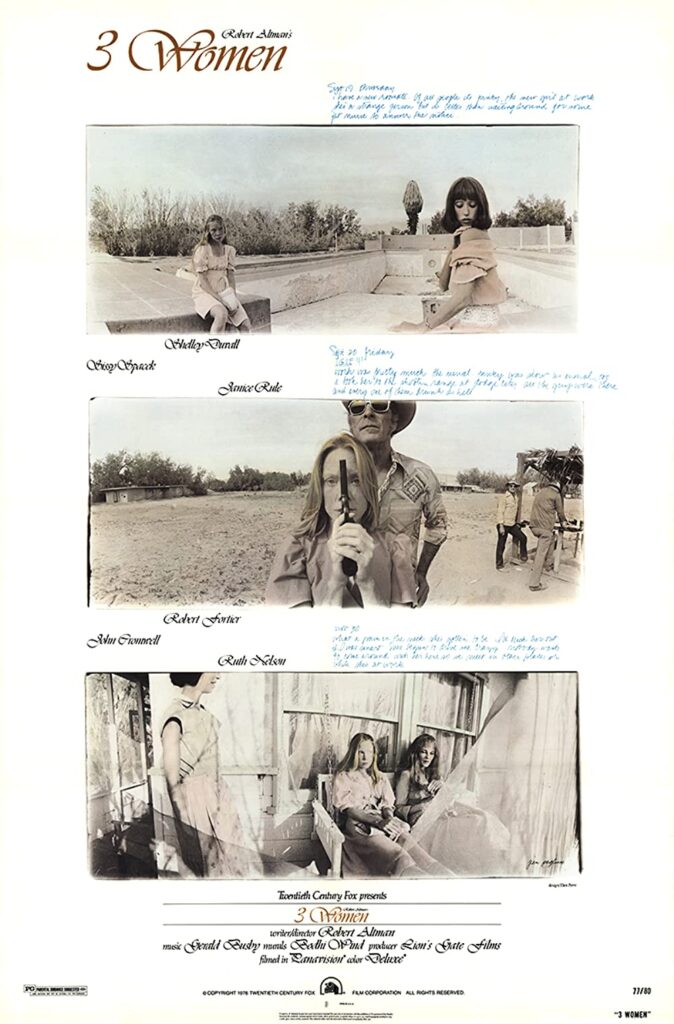Wings
(1927) - Directed by William A. Wellman
--------------------------------------------
Drama / Romance / War / Action
-------------------------------------------------
(1927) - Directed by William A. Wellman
--------------------------------------------
Drama / Romance / War / Action
-------------------------------------------------
"No wonder their world was upside down!"
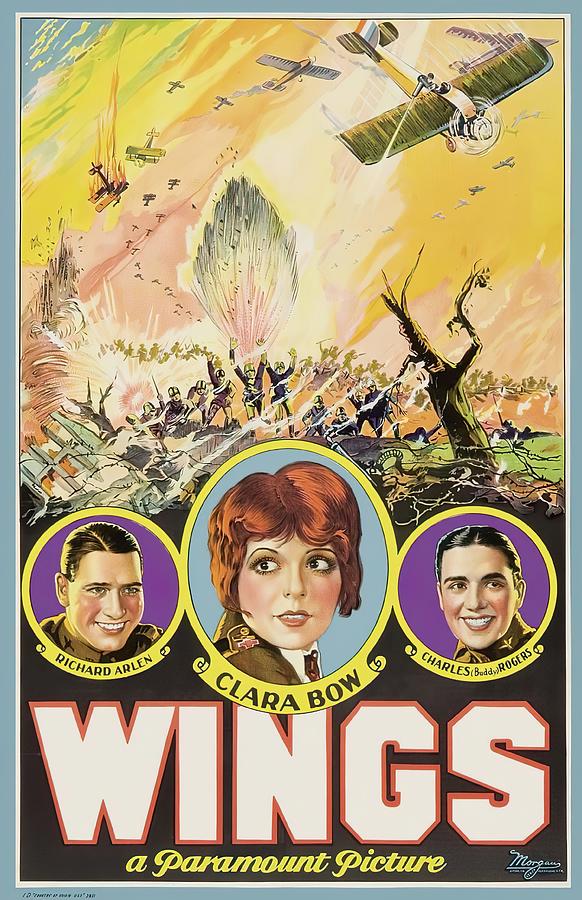

I have time for one more movie today, and I'm still looking to get through a bunch of silent works, largely to get some progress in the MoFo challenges and finally get a top 50 for the 1910's and a top 100 for the 1920's. Since I already had my share of the 10's today, I decided to get one of the earlier movies from the challenges off. After consideration towards what would currently affect most of the lists I'm working on, I went with Wings, the first ever film to win the Academy Award for best picture. I probably should've seen this years ago, though, considering 1927 is currently my favorite year of the silent era. Honestly, I feel really happy that I'm getting to this today, and that it's on YouTube for easy access since it went public domain this year.
Right at the start, I fell head-over-heels for its sitcom behavior and sentiment. These actors felt like they came right out of a classic 50's or 60's family show, and they all felt the more relatable and real because of it. Just seeing Jack and Mary having a talk with each other about building a car at the beginning rang of the school-kid antics you'd see in classic family shows. This is personality that many movies can only dream of achieving even today. I mean, no wonder Charles Rogers ended up being labelled as "America's boyfriend." The guy showed expertise in charisma in this movie.
This movie is as much story-development as it is visuals. Visuals seemed to be a major fixation in 1927 as they often paired with the stories in quality to bring out some of the most defining and inspirational movies of the time. These people were filming real planes in action, choreographed and even shot down. I felt like I was up in the clouds with these people, because the filming took place in the clouds with some serious cinematic touches. This is a REAL action sequence from that time period.
This movie doesn't just impress on the visual level of editing sequences with a heavy fixation on the art, layering one image over another with a complete sense of the epic approach to war and romance, but there are even visual effects tweaking around with the title cards in Wizard of Oz style ways. And sometimes it throws in cute little touches for humorous effect. Exhibit A: bubbles.
Thanks to the cheerful and even innocent manner of the orchestrations, the music stays consistent while mingling with ever kind of emotional response needed to get the full extent of this movie. So no matter what was happening, we could feel alive with the characters themselves in ways the whole family can enjoy. This even includes some of the finest war scenes in the decade, as there's an abundance of realism present as everything largely feels like it belongs out there, as if it was the beginning of Saving private Ryan but without the blood.
However, I found that the war scenes, which altogether lasted 20 minutes, detracted from the personal aspect of the film, and so there was much less character to be focused on until after the intermission. And while there are quite a few personal scenes involved, I find that the war scenes do have a tendency to overshadow the more personal storytelling moments in its runtime. What was blossoming beautifully in the first twenty minutes kind of stayed there for the most part. This is a big NERP NERP for me, as characters should drive an action movie as much as the action does, a la Terminator 2.
Well, now that Wings is off my chest, I really do feel like I should've seen this earlier. This is a war movie I would actually show my kids if I had any. While the movie does a great job of recounting the chaos of the battlefield, it also keeps things clean while the music never loses touch of its high-spirited personality, allowing even the more dramatic compositions to match with these scenarios perfectly and never be overpowering. While the weaker storytelling keeps this movie from being the best of the year, these war scenes beat Napoleon in terms of visualization. For the most part, this is what Pearl Harbor should've been, but couldn't hold a wet candle to.
= 93
William A. Wellman needs 1 more movie to gain a directorial score.
